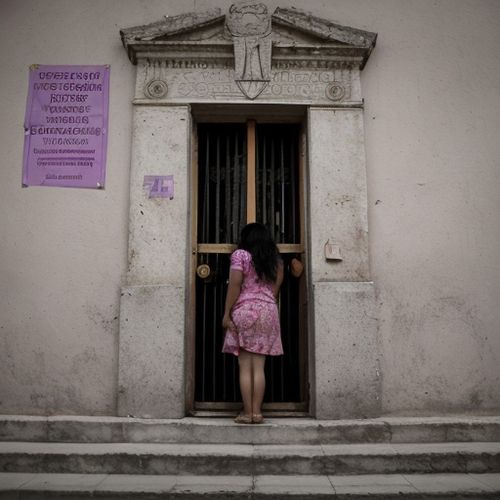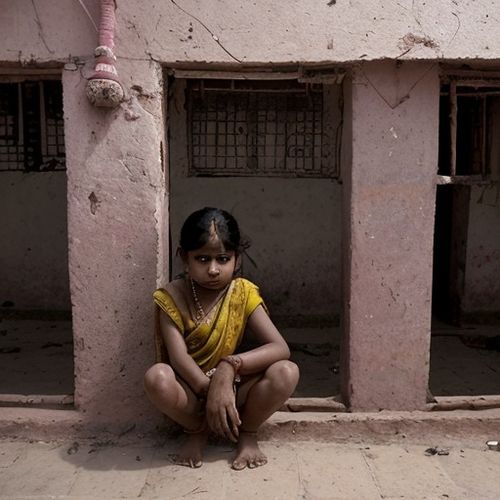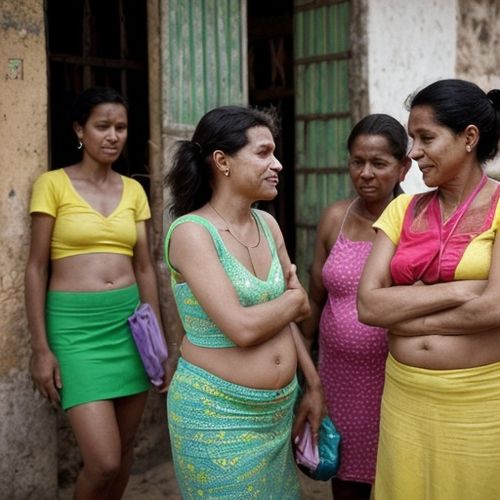South Korea's introduction of a mandatory "cooling-off period" for couples seeking divorce has sparked intense debate across the nation. The policy, implemented in recent years, requires spouses to wait anywhere from one to three months before finalizing their separation, depending on whether they have children. This legislative move aims to reduce impulsive divorces and encourage reconciliation, but critics argue it infringes on personal freedoms and fails to address deeper societal issues.
The concept of a divorce cooling-off period isn't unique to South Korea. Several countries have similar provisions, though the duration and specific requirements vary. What makes South Korea's case particularly interesting is how this policy intersects with the country's rapidly changing social fabric. As traditional Confucian values clash with modern individualism, the government's intervention in marital dissolution reflects broader tensions about family, gender roles, and state authority in personal matters.
Proponents of the cooling-off period emphasize its potential to preserve families and protect children from the trauma of abrupt separations. Marriage counselors report that some couples do reconcile during this mandated waiting time, especially when it forces them to seek professional help. The policy also creates space for financial planning and custody arrangements, which might prevent messy legal battles down the road. In a society where divorce rates have been steadily climbing, these breathing periods are framed as a societal safety net.
However, opponents counter that the policy disproportionately affects women in abusive relationships. For victims of domestic violence, being legally required to wait months before escaping dangerous situations could have life-threatening consequences. Women's rights organizations have documented cases where abusers used this waiting period to further manipulate or harm their partners. The law does include exceptions for cases involving violence, but activists argue the burden of proof is too high and the process too cumbersome for genuine protection.
The economic implications of this policy reveal another layer of complexity. South Korea's notoriously competitive job market and high living costs mean that financial independence is difficult to achieve quickly. Some couples report staying together during the cooling-off period simply because they can't afford separate housing, creating tense and sometimes volatile living situations. This economic dimension highlights how divorce policies can't be separated from broader structural issues in society.
Cultural attitudes toward divorce in South Korea have shifted dramatically in recent decades. Where divorce once carried heavy social stigma, particularly for women, younger generations view it more pragmatically. This generational divide manifests in how different age groups perceive the cooling-off period. Older Koreans tend to support it as a way to maintain traditional family structures, while many younger citizens see it as outdated government overreach into private life.
Legal scholars point out that the policy's effectiveness remains unclear. While divorce rates dipped slightly immediately after implementation, it's difficult to determine whether this reflects genuine reconciliation or simply delayed filings. Some research suggests that many couples use the waiting period to prepare their divorce more thoroughly rather than reconsidering their decision. This raises questions about whether the policy achieves its intended psychological purpose or merely creates bureaucratic hurdles.
The divorce cooling-off period also intersects with South Korea's demographic crisis. With one of the world's lowest birth rates and rapid aging of its population, policymakers are desperate to stabilize family units. However, critics argue that preserving unhappy marriages through legal mandates won't solve these deeper demographic challenges. They suggest that better social support systems, gender equality measures, and work-life balance initiatives would do more to strengthen families than compulsory waiting periods.
International comparisons provide mixed lessons. Some countries with similar policies report positive outcomes, while others have abandoned them as ineffective. What works in more socially conservative societies might not translate well to South Korea's unique context. As the policy continues to evolve, lawmakers face the challenge of balancing individual rights with societal interests—a dilemma that goes far beyond divorce statistics to touch on fundamental questions about the role of government in private life.
Ultimately, South Korea's divorce cooling-off period represents more than just a legal technicality. It's a mirror reflecting the country's struggle to navigate between tradition and modernity, between collective values and individual autonomy. As the debate continues, all sides agree that healthy families can't be legislated into existence—but disagree profoundly on whether this policy helps or hinders that delicate process.

By Jessica Lee/Apr 19, 2025

By Noah Bell/Apr 19, 2025

By Amanda Phillips/Apr 19, 2025

By Daniel Scott/Apr 19, 2025

By David Anderson/Apr 19, 2025

By Grace Cox/Apr 19, 2025

By Christopher Harris/Apr 19, 2025

By Laura Wilson/Apr 19, 2025

By Rebecca Stewart/Apr 19, 2025

By Olivia Reed/Apr 19, 2025

By Natalie Campbell/Apr 19, 2025

By Daniel Scott/Apr 19, 2025

By Eric Ward/Apr 19, 2025

By Daniel Scott/Apr 19, 2025

By Megan Clark/Apr 19, 2025

By Grace Cox/Apr 19, 2025

By George Bailey/Apr 19, 2025

By Natalie Campbell/Apr 19, 2025